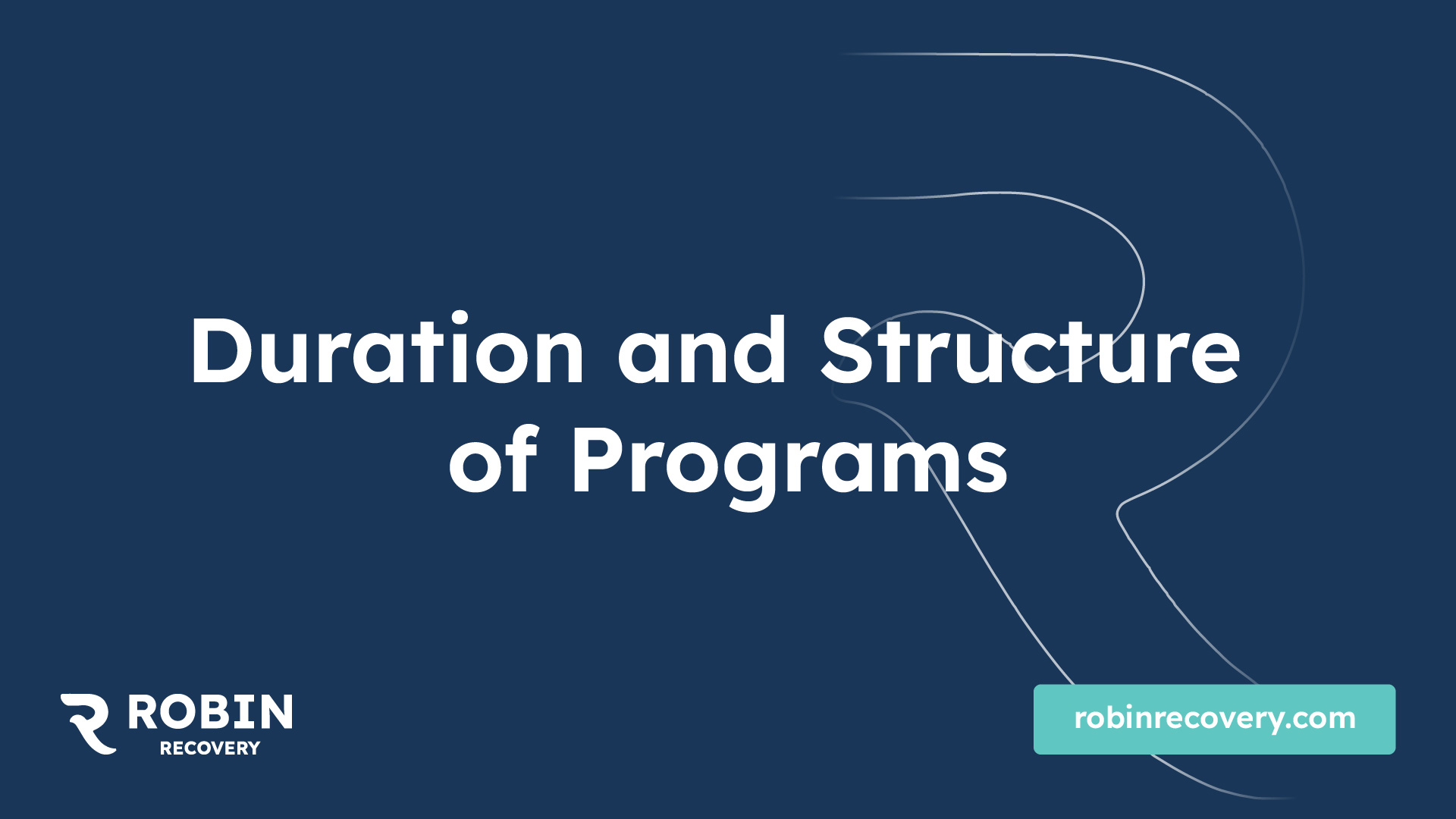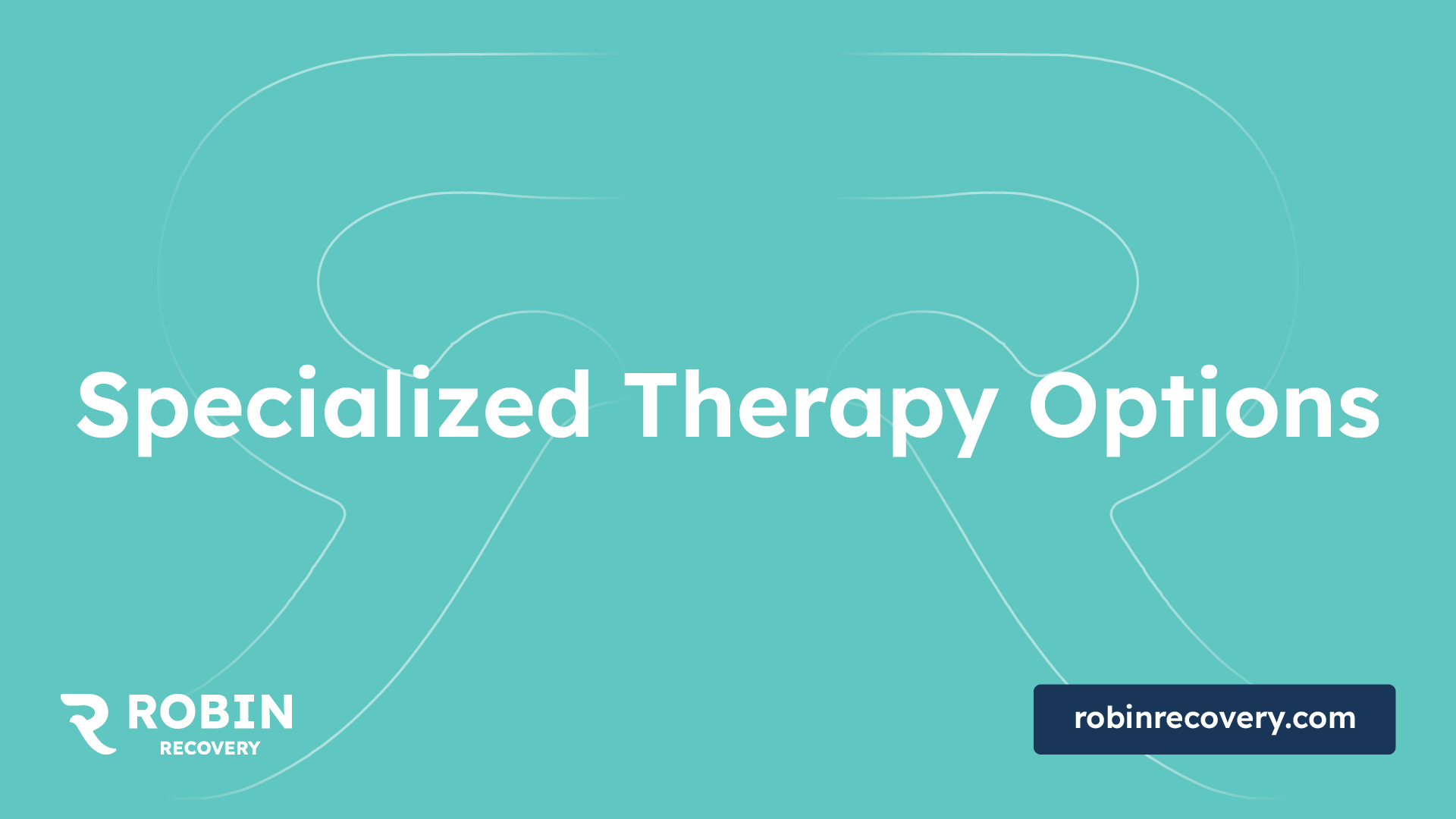Couples Drug Treatment Centers Near Me


Couples Drug Treatment Centers Overview
Couples drug treatment centers offer a unique and supportive environment for couples dealing with addiction issues. These centers provide a safe and structured setting for both partners to receive help simultaneously, fostering healing and recovery for both individuals [1]. By addressing the challenges of addiction together, couples can support each other throughout the recovery journey, strengthening their bond and promoting lasting sobriety.
Benefits of Couples Treatment Programs
Choosing a couples drug treatment program over traditional individual treatment programs offers several advantages. These programs provide tailored treatment plans that address the unique needs, relationship dynamics, and personal goals of each couple. By addressing the addiction issues within the context of the relationship, couples can work on improving communication, resolving conflicts, and developing healthier coping strategies together. This joint approach can lead to healing, growth, and lasting sobriety for both partners.
Research has shown that couples who enter treatment together often experience greater reductions in substance use compared to individuals receiving individual therapy. By providing mutual support and shared goals, couples drug treatment programs create an environment conducive to recovery and long-term success. Additionally, addressing codependency and promoting mental and physical health within the relationship are integral parts of these programs [3].
Location Considerations
When selecting a couples drug treatment center, one important factor to consider is location. Some couples may prefer centers close to home, as it allows for easier access to family and support systems. Being in a familiar environment may provide a sense of comfort and familiarity during the treatment process. Additionally, proximity to home can facilitate ongoing family involvement and support after treatment.
On the other hand, other couples may benefit from choosing a treatment center in a different location away from familiar environments and triggers. This change of scenery can provide a fresh start and remove individuals from enabling situations or negative influences. It allows couples to focus solely on their recovery without distractions and temptations.
Ultimately, the choice of location should be based on the individual needs and preferences of the couple. It's important to weigh the pros and cons of different locations and consider what will best support the recovery journey for both partners.
Considering the benefits and location considerations of couples drug treatment centers, it's clear that these specialized programs offer a unique and effective approach to addiction treatment for couples. By addressing addiction issues together, couples can receive the support they need to heal, grow, and achieve lasting sobriety. To explore more addiction treatment options, you can also check out our article on alcohol addiction treatment near me.
Therapies Offered at Couples Rehab
Couples drug treatment centers offer a range of therapeutic interventions specifically designed to address the unique needs of couples struggling with substance abuse. These evidence-based therapies help address underlying issues and strengthen relationships, forming a crucial part of effective couples treatment programs [1]. Let's explore two common types of therapies offered at these centers: evidence-based therapies and tailored treatment plans.
Evidence-Based Therapies
Evidence-based therapies are widely recognized as effective methods for changing substance-use behaviors and promoting abstinence in couples. These therapies are grounded in research and have demonstrated positive outcomes in helping couples overcome addiction and strengthen their relationships.
Some commonly used evidence-based therapies in couples drug rehab include:
- Behavioral Couples Therapy (BCT): BCT focuses on improving relationship functioning and reducing substance use. It incorporates aspects of cognitive-behavioral therapy (CBT) and includes elements such as communication skills training, problem-solving techniques, and contingency management.
- Alcohol Behavioral Couples Therapy (ABCT): ABCT is a specific form of BCT that is tailored to couples dealing with alcohol addiction. It aims to enhance motivation for change, improve relationship satisfaction, and increase abstinence rates.
These evidence-based therapies provide couples with the tools and strategies needed to navigate recovery together, promoting mutual support and shared goals.
Tailored Treatment Plans
Every couple's journey through addiction and recovery is unique, and effective couples drug treatment centers recognize the importance of tailored treatment plans. These plans are designed to address the specific needs and circumstances of each couple, taking into account factors such as the type and severity of addiction, co-occurring mental health conditions, and relationship dynamics.
By customizing treatment plans, couples rehab programs ensure that each individual receives the appropriate level of care and support they need to achieve lasting recovery. Treatment plans may include a combination of individual therapy, group therapy, couples therapy, and educational sessions. The specific therapies and interventions employed within these plans will vary depending on the center and the needs of the couple.
Trinity Behavioral Health, for example, offers a range of therapy options within their couples drug rehab and treatment programs. These therapies include behavioral couples therapy, integrated group therapy, family systems therapy, Emotionally Focused Therapy (EFT), the Gottman Method, and other evidence-based treatment therapies tailored to the specific needs of each couple [4].
By combining evidence-based therapies with personalized treatment plans, couples drug treatment centers provide couples with the tools, guidance, and support necessary to rebuild their lives and maintain lasting recovery.

Duration and Structure of Programs
When considering couples drug treatment centers, understanding the duration and structure of the treatment program is crucial. The length of the program plays a significant role in providing couples with the necessary support and guidance for successful recovery. Additionally, individual progress monitoring is an essential aspect of treatment to ensure that each person's needs are addressed effectively.
Importance of Program Length
The duration of the treatment program at couples drug treatment centers can vary based on several factors, including the severity of substance abuse, individual progress, and program structure. Longer treatment durations have been associated with better outcomes, as they allow couples to fully engage in the recovery process and address underlying issues.
Research has shown that couples who enter treatment together consistently report greater reductions in substance use compared to individuals who receive individual therapy [2]. The extended treatment duration at couples rehab centers allows couples to work on their recovery as a team, supporting and motivating each other throughout the process.
It's important to note that the specific duration of treatment programs can vary depending on the unique needs of each couple. Some programs may last for 30 days, while others may span several months. Treatment providers will assess the couple's situation and recommend an appropriate duration to ensure comprehensive care.
Individual Progress Monitoring
Individual progress monitoring is a critical component of couples drug treatment programs. While couples receive treatment together, it is essential to address each person's needs and progress individually. This allows treatment providers to tailor interventions and therapies to meet the specific challenges and goals of each individual in the couple.
Through regular individual counseling sessions, therapists can assess the progress of each person and make adjustments to the treatment plan as necessary. Individual progress monitoring ensures that couples receive personalized care and support throughout their recovery journey.
By monitoring individual progress, treatment providers can identify any barriers or challenges that may arise and provide the necessary guidance and interventions to address them effectively. This individualized approach helps couples achieve long-term recovery and develop the skills and strategies needed to maintain sobriety.
The duration and structure of couples drug treatment programs are designed to provide comprehensive care and support for couples on their path to recovery. By allowing couples to engage in treatment together and monitoring individual progress, these programs aim to maximize the chances of successful outcomes and long-term sobriety. For individuals seeking couples drug treatment centers near them, it's essential to consider the program length and individual progress monitoring as key factors in choosing the right treatment option.
Mental Health and Addiction Treatment
When it comes to couples seeking addiction treatment, addressing both mental health and addiction is crucial for optimizing recovery. Couples who are facing addiction may also have co-occurring mental health conditions, such as anxiety or depression. Research has shown that treating these mental health disorders alongside addiction can greatly enhance the chances of successful recovery [2].
Dual Diagnosis Considerations
For couples considering drug treatment centers, it's important to assess whether dual diagnosis treatment is required. Dual diagnosis treatment involves addressing both addiction and co-occurring mental health conditions. This integrated approach recognizes the interconnectedness of these conditions and allows for comprehensive care that targets both aspects of a person's well-being. By treating mental health disorders alongside addiction, couples can experience a more holistic recovery process.
Optimizing Recovery for Couples
Couples who enter treatment together often report greater reductions in substance use compared to individuals receiving individual therapy. Couples therapy in rehab aims to help couples develop new relationship standards, enhancing their bond and supporting each other in maintaining sobriety. It offers several benefits, such as improved communication, increased overall positivity, and the development of new relationship standards that support abstinence.
Therapies like Behavioral Couples Therapy (BCT) and Alcohol Behavioral Couples Therapy (ABCT) have shown effectiveness in changing substance-use behaviors and promoting abstinence in couples. These therapies focus on improving communication, developing strategies to support each other's sobriety, and creating a relapse prevention plan.
In couples' rehab programs, relapse prevention is a key component. Couples learn to recognize triggers and warning signs in themselves and each other, develop strategies to support each other in maintaining sobriety, and create a relapse prevention plan. Aftercare support is often included to ensure ongoing recovery [3].
By addressing both mental health and addiction within a couples treatment program, couples can support each other throughout the recovery journey, strengthen their relationship, and develop healthier behaviors that promote long-term sobriety. For couples seeking addiction treatment, it's important to explore options that provide specialized care for both individuals, ensuring comprehensive and effective support.

Specialized Therapy Options
When it comes to couples in need of addiction treatment, specialized therapies can play a crucial role in their recovery journey. Two common therapy options offered in couples drug treatment centers are Behavioral Couples Therapy (BCT) and Family Systems Therapy.
Behavioral Couples Therapy
Behavioral Couples Therapy (BCT) is a specialized therapy designed to help couples overcome addiction issues by restructuring dysfunctional interactions and providing support for both individuals in the relationship. This therapy approach recognizes that substance abuse often impacts the dynamics of a couple's relationship and aims to address those issues together.
In BCT, both partners actively participate in the therapeutic process. The therapy sessions focus on improving communication, enhancing problem-solving skills, and developing strategies to reinforce abstinence and promote a healthier lifestyle. The therapist helps the couple identify and change negative patterns of behavior that may contribute to substance use, while also fostering positive behaviors that support recovery.
Studies have shown that BCT is an effective method for changing substance-use behaviors and promoting abstinence in couples [2]. It allows couples to work together as a team, providing mutual support and accountability throughout their recovery journey.
Family Systems Therapy
Family Systems Therapy recognizes that addiction affects not only the individual but also the entire family unit. This therapy approach focuses on improving family dynamics and addressing underlying issues that may contribute to substance abuse. By involving the entire family in the therapeutic process, this therapy aims to strengthen the support system and promote a healthier environment for recovery.
In Family Systems Therapy, the therapist helps the family members understand how their roles and behaviors may inadvertently contribute to the addiction cycle. They work together to identify and modify dysfunctional patterns, improve communication, and rebuild trust. The therapy sessions also provide a safe space for family members to express their emotions and concerns, fostering healing and understanding.
By addressing the family system as a whole, Family Systems Therapy aims to create a supportive and nurturing environment that encourages the individual in recovery and helps prevent relapse. This therapy can be particularly beneficial for couples undergoing treatment together, as it provides an opportunity for them to work on their relationship and strengthen their bond while navigating the challenges of addiction recovery.
Couples drug treatment centers often offer additional specialized therapy options tailored to the specific needs of each couple. These therapies may include Emotionally Focused Therapy (EFT), the Gottman Method, and other evidence-based treatment approaches [4]. The goal is to provide comprehensive care that addresses both the addiction and the relationship dynamics, empowering couples to heal and recover together.
In the next section, we will explore the importance of aftercare and ongoing support in the recovery process.
Aftercare and Ongoing Support
After completing treatment at couples drug treatment centers, the journey to recovery continues. Comprehensive aftercare and ongoing support play a crucial role in maintaining sobriety and preventing relapse. Let's explore the importance of aftercare services and the comprehensive continuum of care offered to couples.
Comprehensive Continuum of Care
Trinity Behavioral Health, for example, takes a holistic approach to couples' drug treatment by providing a comprehensive continuum of care that extends beyond the initial treatment phase. Their focus is on long-term recovery, offering ongoing support and resources to couples even after they complete the rehab program. This approach ensures that couples have continued access to the necessary tools and support for successful recovery [4].
A comprehensive continuum of care typically includes various components such as:
- Aftercare programs: These programs are designed to provide continued support and education for couples as they transition back into their daily lives. Examples of aftercare programs include individual and group therapy sessions, 12-step meetings, and alumni support groups.
- Relapse prevention strategies: Relapse prevention is a vital aspect of aftercare. Couples are taught to recognize triggers and warning signs, develop coping strategies, and create a relapse prevention plan. Cognitive-behavioral strategies, self-control training, and cue exposure may be utilized to enhance relapse prevention efforts [6].
- Peer support groups: Ongoing involvement in peer support groups, such as Alcoholics Anonymous (AA) or Narcotics Anonymous (NA), can provide couples with additional support from individuals who have faced similar challenges and can offer guidance and encouragement.
- Continued therapy: Couples may benefit from continued therapy sessions with a licensed therapist or counselor who specializes in addiction recovery and relationship dynamics. These sessions can help couples address any ongoing issues, strengthen their communication skills, and navigate challenges together.
By offering a comprehensive continuum of care, couples drug treatment centers ensure that couples have access to the necessary resources and support system to maintain their sobriety and build a healthy and fulfilling life together.
Importance of Aftercare Services
Aftercare services are essential for couples in recovery, as they provide ongoing support, guidance, and accountability. Here are some key reasons why aftercare services are important:
- Sustaining Recovery: Aftercare services help couples stay focused on their recovery journey, providing them with the tools and strategies needed to maintain sobriety in the face of challenges and triggers.
- Preventing Relapse: Relapse prevention is a critical aspect of aftercare. By participating in aftercare programs, couples can continue to develop coping mechanisms and receive support to prevent relapse.
- Continued Education and Support: Aftercare programs offer ongoing education about addiction, relapse prevention techniques, and healthy coping mechanisms. Couples can also find support from others who understand their experiences and can offer guidance and encouragement.
- Addressing Ongoing Issues: Relationships can face ongoing challenges even after completing treatment. Aftercare services provide a platform for couples to address any ongoing issues, strengthen their communication skills, and work through difficulties together.
- Building a Supportive Network: Aftercare programs often involve participation in peer support groups, allowing couples to connect with others who are on a similar journey. These connections can provide a sense of community, offering additional support and understanding.
By actively participating in aftercare services, couples can enhance their chances of long-term recovery and build a foundation for a healthier and more fulfilling life together.
To learn more about the benefits and availability of couples drug treatment centers near you, please visit our article on couples drug treatment centers near me.
References
[1]: https://www.urbanrecovery.com/blog/couples-drug-treatment-centers-near-me
[2]: https://rehabs.com/treatment/specialized-treatment/couples/
[3]: https://seaislenews.com/can-couples-go-to-rehab-together-guide/
[4]: https://trinitybehavioralhealth.com/what-types-of-therapies-are-typically-offered-in-couples-drug-detox-programs/
[5]: https://americanaddictioncenters.org/rehab-guide/couples
